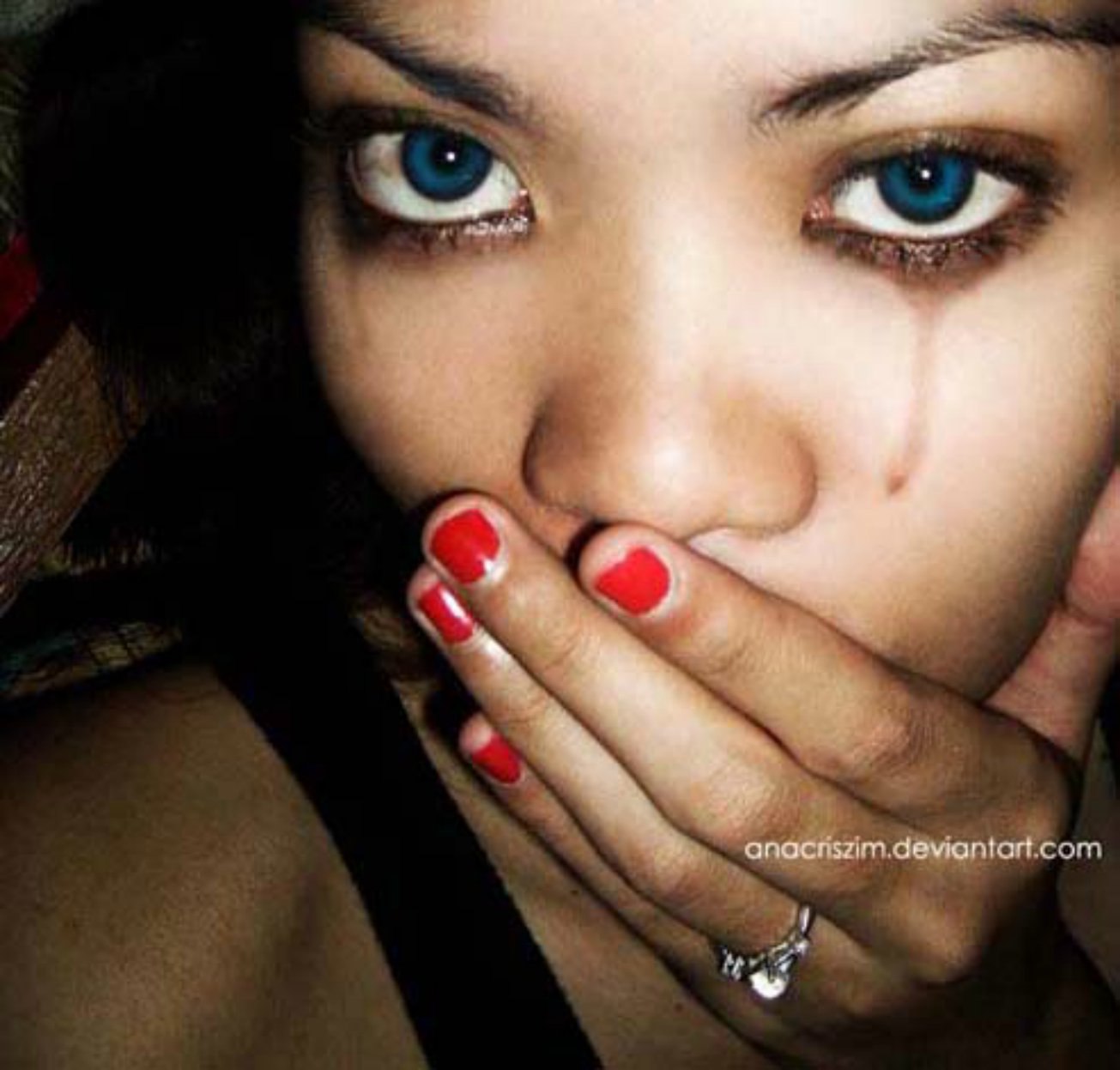So as you may know, tomorrow is the “queer holiday” Day of Silence. While they won’t let you out of work for it, it’s still something you may choose to observe and participate in. So what is it?
Day of Silence is a day meant to bring attention to queerphobia (transphobia and homophobia) at schools and other educational institutions. According to the offical Day of Silence website by GLSEN:
In 1996, students at the University of Virginia organized the first Day of Silence in response to a class assignment on non-violent protests with over 150 students participating in this inaugural event. In 1997, organizers took their effort nationally and nearly 100 colleges and universities participated. In 2001, GLSEN became the official organizational sponsor for the event.
In practice, people involved in Day of Silence remain quiet and, when asked why they aren’t speaking, point to a button somewhere on their person or hand out cards/pamphlets about Day of Silence and why it is necessary. Many campuses end the day with a teach-in or presentation about bullying or homelessness–really anything having to do with the disenfranchisement of youth.
While many people on campuses across the United States recognize and support Day of Silence as it was intended, others have criticisms and observe it in a different way. Originally this post was meant to be solely informative, but as I wrote and inquired, it seemed that contemporary queers are a tad more vocal than the Day of Silence permits.
I asked you all to speak up on the Day of Silence
In 140 characters, what do you think about #dayofsilence?
— Corvo Attano-Kaldwin🇧🇷🇺🇸 (@SageSaturn) April 7, 2015
Here were your responses:
Marcus (EastEndChild)
@SageSaturn at the same time I can't really criticise it for being counterproductive either. It doesn't hurt anyone, it's just not much use
— Marcus (@EastEndChild) April 7, 2015
Dia Materialista (@diamaterialista)
@SageSaturn bad. we need to make our voices louder, not silence them. in practice it's a free day for harrassment with no consequences.
— Kinsey 💖🚡☭ (@diamaterialista) April 7, 2015
@SageSaturn i did a Day of Silence before i realized i was trans & a guy said to me "what will your name be after the sex change?" hahaha 😐
— Kinsey 💖🚡☭ (@diamaterialista) April 7, 2015
Jayy Dodd (@JayyDodd)
Day of Silence for folks who are often silenced by institution marginalization and systemic erasure seems counter-active. @SageSaturn
— jzl thee doll 🇵🇸 (@jxzzhndz_) April 7, 2015
Reina (@ReinaAtlantico)
@SageSaturn our voices are already silent this day is just like any other except it's passive silencing
— 🪻❄️💐🧊 (@Frostbite___) April 7, 2015
Andressa (@CYBERSTALIN)
https://twitter.com/CYBERSTALIN/status/585411775081881600
Josh Lee (@j_manasa)
https://twitter.com/J_Manasa/status/585409880162443264
https://twitter.com/J_Manasa/status/585411344712728576
Marcus (@MarcusInE17)
@SageSaturn I can think of more practical ways (hello we have jobs/college too) to protest
— 🇧🇧🏳️🌈 / 🆓🇵🇸 m a r c u s (@marcusjdl) April 7, 2015
So let’s look at what all these points of view have in common: To choose silence on this day is a privilege.
If you are not “out” to your family, friends or work, you may have suspicion cast on you and the likelihood of being homeless or unemployed (or just living in a toxic environment) increases. If you are already a part of a silenced marginalized group based on your race or religion, choosing silence can be seen as almost the ultimate de-arming of yourself in the face of attacks–attacks that can be really triggering of past queerphobic violence. There’s also the idea that we already have very little say in our day to day lives, so why glorify the act of silence?
When we take white supremacy, cis-normitivity, male-domination and heteronormativity into account, it becomes abundantly clear that “Day of Silence” is an observance whose narrative says that, prior to your voluntary silence, your voice was valued and you were deemed human because people are supposed to notice your silence. What does it say when historically silenced people continue to be silent and revel in it?
So while Day of Silence may be seen as taking a bold stand (and it is probably effective at some levels of society), many don’t feel like it’s as big a bag a chips as it is made out to be. And while it is certainly your choice to observe and practice it or not, know that there are reasons that some people do not find it the least bit applicable to their daily lives and don’t do that thing where you shame people for having different opinions or accuse them of not contributing to “unity”.
It ain’t cute and it ain’t contemporary.
*Featured image courtesy of anacriszim.
